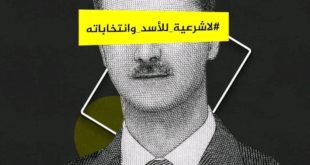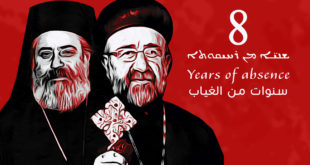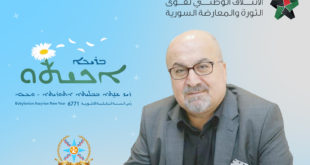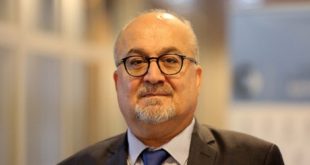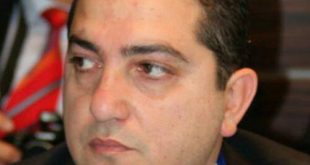ADO-World.org
DAMASCUS – International peace envoy Kofi Annan has called for the rapid deployment of 300 ceasefire monitors in Syria, branding violence levels "unacceptable" 12 days into a promised truce.
UN Security Council powers called on the United Nations to speed up the deployment of monitors, but a top UN official said it will take at least one month to get the first 100 in place.
Ban’s comments in New York Tuesday came a day after nearly 60 people were killed across the country in violence that continued Tuesday with a car bomb in the Marjeh district of Damascus that injured three.
Syrian state television blamed "terrorists", the government term for rebels, for the blast.
It came as UN observers returned to the city of Hama’s Arbaeen neighbourhood, which activists said suffered a "massacre" on Monday at the hands of regime troops.
The Syrian Observatory for Human Rights said 31 civilians were killed in the flashpoint central city, out of a total of 59 people including five soldiers killed in violence nationwide.
UN-Arab League envoy Annan said Syrian President Bashar al-Assad has still not fulfilled a promise to end violence and that the situation was "bleak" and "unacceptable".
The special envoy said he was "particularly alarmed" at reports that government forces had entered Hama after a visit by UN monitors and killed "a significant" number of people.
"If confirmed this is totally unacceptable and reprehensible," he told the Security Council.
The Syrian League for Human Rights said that among those killed in Hama on Monday were nine activists who were "summarily executed" by government forces a day after they met UN observers in the city.
Video footage posted online by activists showed a street in Hama’s Arbaeen neighborhood with large pools of blood and women weeping.
The council was told there are now 11 UN observers in place and the 30-strong advance party of the UN Supervision Mission in Syria (UNSMIS) is expected to be on the ground by the end of the week.
But UN peacekeeping chief Herve Ladsous said it would take a month to get the first 100 of the 300-member full force into Syria.
"All council members underscored the need for more rapid deployment of observers," US ambassador Susan Rice told reporters.
Russia’s UN envoy Vitaly Churkin said: "We simply urged them to maybe look for some unorthodox ways to maybe expedite the process."
UN chief Ban Ki-moon on Monday gave the go-ahead for the deployment of an enlarged team of 300 ceasefire monitors from next week despite scepticism over the mission.
Ban insisted the Assad government ensure the protection of the unarmed observers and allow them to travel freely throughout the country.
Annan’s spokesman Ahmad Fawzi acknowledged the truce remained "extremely fragile" and urged Assad’s government to fully implement its end of the deal.
"This means withdrawal of all heavy armoury from population centres," he told UN broadcaster UNTV.
"They are claiming that this has happened. Satellite imagery however and credible reports show that this has not fully happened, so this is unacceptable."
Fawzi said UN observers on the ground had entered areas like Hama and the battered city of Homs to its south and found that when they were there "the guns are silent" but when they left "credible reports" indicated that fire resumed.
Critics have said the UN mission was simply allowing the regime to buy time as it presses its crackdown against what began as a popular revolt but has turned into an insurgency.
The opposition Syrian National Council called on Tuesday for Arab foreign ministers who are due to meet on Thursday to back a return to the UN Security Council for enforcement action against the regime.
"The regime is not respecting its commitments, so we must go to the Security Council to get a vote on a Chapter Seven resolution to set up secure zones in the country and be able to deliver humanitarian aid," its leader Burhan Ghaliun told reporters after talks with Egyptian leaders in Cairo.
A Chapter Seven resolution, which can be imposed by the Security Council if member states think peace is threatened by an act of aggression, authorises foreign powers to take measures — including military options.
After talks with Arab and Western foreign ministers in Paris on Thursday, US Secretary of State Hillary Clinton said Chapter Seven measures could involve "travel, financial sanctions, an arms embargo, and the pressure that will give us on the regime to push for compliance with Kofi Annan’s six-point plan".
But Clinton admitted that Damascus ally Moscow — which has a veto on the Security Council — would probably not allow such a motion to pass, and said in the meantime states would have to seek further diplomatic and economic sanctions.
Source: Middle East Online
 The Assyrian Democratic Organization
The Assyrian Democratic Organization


